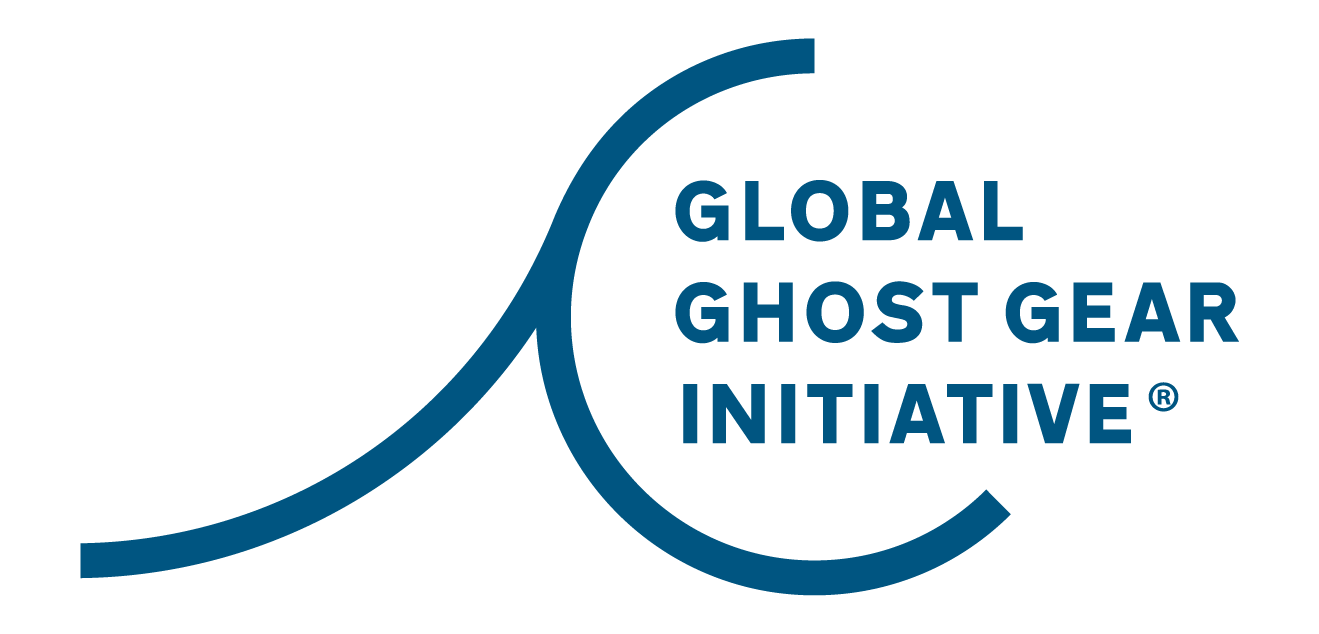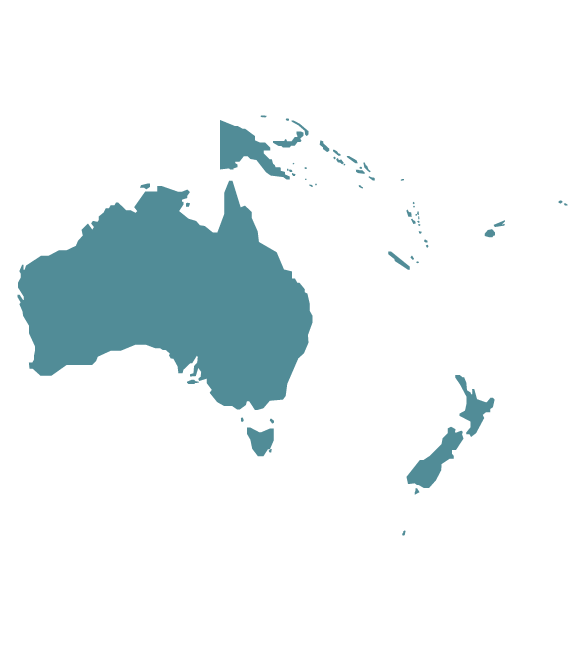Our
projects
Projects on this page are divided into two categories: GGGI Signature Projects and GGGI Small Grants.
GGGI Signature Projects are collaborative projects that have been designed by and funded through the GGGI involving several GGGI members and other partners contributing to large-scale and often multi-phase projects.
GGGI Small Grants are projects are funded through the GGGI Small Grants Program, which is a competitive bid-based program open to GGGI members only, pending available funding. GGGI Small grants typically involve one or more GGGI members working on specific projects in select geographies.
GGGI projects by region - select a region and then click “explore” to see projects from each region
All Projects
Search by Category
- Africa 3
- Asia 5
- Capacity Building Workshops 11
- Central and South America 1
- Data Collection 13
- EOL Gear Collection/Recycling 12
- Europe 4
- Fisher Interviews 9
- Gear Removal 24
- North America 14
- Oceania 2
- Outreach and Education 20
- Predictive Models 5
- Side Scan Sonar Surveys 5
- Technology Testing 8
- UAV Surveys 4
GGGI Signature Project - Myanmar
Lost, abandoned and discarded commercial and artisanal fishing gear is emerging as a critical threat to Myanmar’s coastal ocean, where it impacts both ecologically and economically important living marine resources, including threatened and endangered species like dugongs, turtles, manta rays, and corals; and poses a threat to Myanmar’s budding ocean-based tourism industry. To address the challenge of ghost fishing gear in Myanmar, the GGGI and the Myanmar Ocean Project initiated a ghost gear removal pilot effort - the first of its kind in Myanmar. The project, funded by World Animal Protection and the National Geographic Society, focused specifically on the Myeik Archipelago, one of the most untouched island groups in the world. Throughout the islands of the archipelago, ghost nets from artisanal fisheries have been found beneath the surface, threatening key species such as manta rays, and harming the marine ecosystem. Ms. Thanda Ko Gyi, a Burmese national, highly skilled SCUBA diver, and founder of the Myanmar Ocean Project, was the first person in Myanmar to both raise the alarm about lost fishing gear and take the initiative to remove it, serving as Field Manager for the project.
GGGI Signature Project - Indonesia
Led by the Government of Indonesia’s Ministry of Maritime Affairs and Fisheries (MMAF) in collaboration with the GGGI, the objective of the ALDFG 3R Pilot Project is to deliver pilot projects for the full ALDFG lifecycle across the “3Rs” —to reduce, retrieve, and recycle ALDFG—and to explore a circular economy blueprint that could be developed in Indonesia. In addition to generous funding from the Government of Netherlands, the activities are also being supported through funding from Bumble Bee Seafoods. The current phase of the project expands on the work that commenced in 2017 to assess the practical and economic feasibility of various gillnet gear marking options for small-scale and artisanal fisheries, prove gear marking could form part of a comprehensive fisheries management system to help reduce ALDFG and IUU, underpin and strengthen the provisional recommendations to the (then) draft UN FAO VGMFG, and scope the viability of a net recovery and/or recycling project.
GGGI Small Grant (2023) - Wolf Fish Ltd. (Thailand)
The Gulf of Thailand is one of the most active fishing locations globally. Gillnets are used extensively in this area and when lost, they can have serious impacts on the local ecology and both target and non-target species. ARRI’s two study sites - the islands of Koh Phangan and Koh Tao - are within the Surat Thani Environmental Protected Area, which is located directly south of this intensive fishing region. Reports from local marine conservation organizations indicate significant accumulations of Abandoned, Lost and Discarded Fishing Gear (ALDFG), primarily gillnets, which are continuously found entangled on the reefs surrounding these islands, posing a serious threat to local wildlife and the marine ecosystem.
GGGI Small Grant (2022) - Patuakhali Science and Technology University (Bangladesh)
The Southern coastal districts of Bangladesh, especially Patuakahli and Cox’s Bazar district, are home to the largest catch of hilsa and shrimp from the Bay of Bengal, with most fishers in the region predominantly artisanal gillnet and seine net fishers. In these fisheries, a significant amount of abandoned, lost, or discarded fishing gear (ALDFG) finds its way into the Bay of Bengal each year, with a wide range of environmental and economic impacts.
Two coastal sites, Kuakata of Patuakhali and Najirartak & Doriarnagar of Cox’s Bazar were selected for this study. For the collection of ALDFG, groups of daily and deep-sea fishers as well as a local youth group were formed in each site, consisting of more than 100 people in total. More than 4,000kg of ALDFG and other marine debris were collected from Kuakata and Cox’s Bazar, of which the quantity of ALDFG was 1,620 kg and 1,310 kg, respectively. In addition to ALDFG, plastic bottles, polyethylene bags, sandals, etc. are other common items found during ALDFG collections.
Joanna Toole Award (2021) - Myanmar Ocean Project (Myanmar)
The Myanmar Ocean Project (MOP) was founded in 2018 by SCUBA diver Thanda Ko Gyi to raise awareness about ocean conservation in Myanmar and to find solutions to protect the marine environment from harm caused by human activity, including impacts from abandoned, lost or discarded fishing gear (ALDFG). In collaboration with the GGGI, MOP has successfully conducted surveys and cleanup expeditions across the Myeik Archipelago, produced Myanmar’s first comprehensive ALDFG report, supported local community engagement, and removed nearly two tons of ALDFG from sensitive coral reefs.

Become a Member
Interested in becoming a member? Click the button below to learn more.











